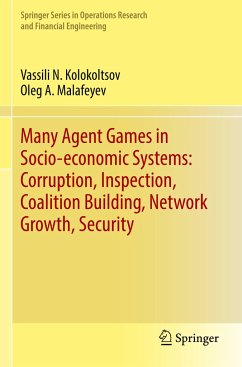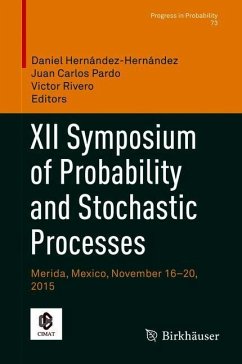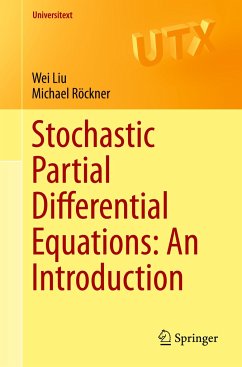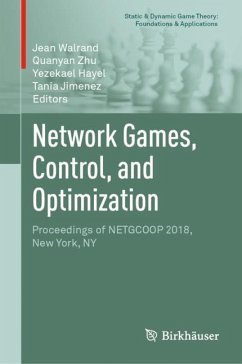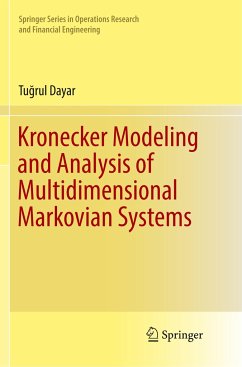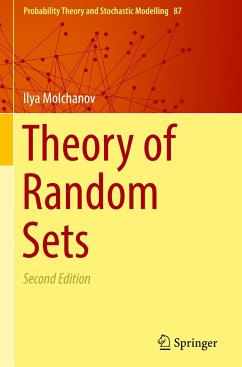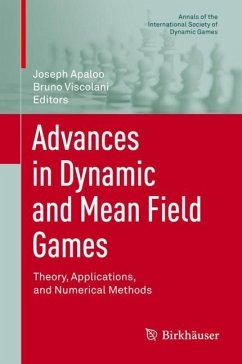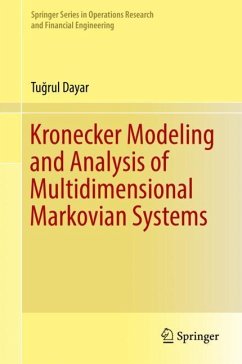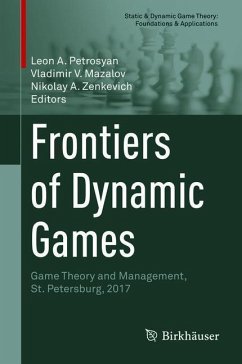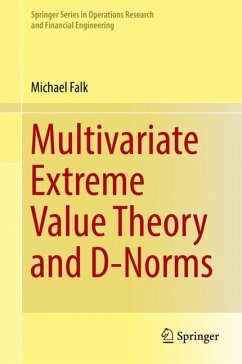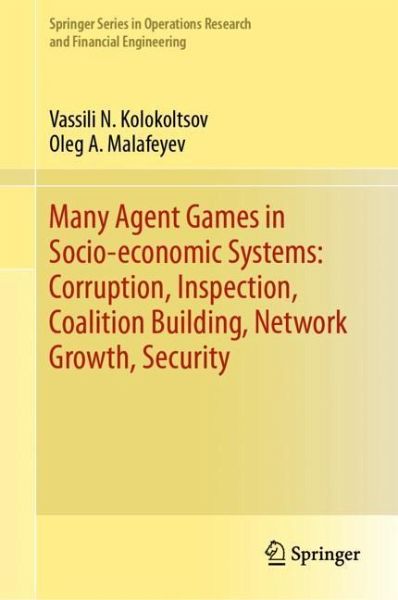
Many Agent Games in Socio-economic Systems: Corruption, Inspection, Coalition Building, Network Growth, Security
Versandkostenfrei!
Versandfertig in 6-10 Tagen
67,99 €
inkl. MwSt.
Weitere Ausgaben:

PAYBACK Punkte
34 °P sammeln!
There has been an increase in attention toward systems involving large numbers of small players, giving rise to the theory of mean field games, mean field type control and nonlinear Markov games. Exhibiting various real world problems involving major and minor agents, this book presents a systematic continuous-space approximation approach for mean-field interacting agents models and mean-field games models. After describing Markov-chain methodology and a modeling of mean-field interacting systems, the text presents various structural conditions on the chain to yield respective socio-economic m...
There has been an increase in attention toward systems involving large numbers of small players, giving rise to the theory of mean field games, mean field type control and nonlinear Markov games. Exhibiting various real world problems involving major and minor agents, this book presents a systematic continuous-space approximation approach for mean-field interacting agents models and mean-field games models. After describing Markov-chain methodology and a modeling of mean-field interacting systems, the text presents various structural conditions on the chain to yield respective socio-economic models, focusing on migration models via binary interactions. The specific applications are wide-ranging - including inspection and corruption, cyber-security, counterterrorism, coalition building and network growth, minority games, and investment policies and optimal allocation - making this book relevant to a wide audience of applied mathematicians interested in operations research, computer science, national security, economics, and finance.





